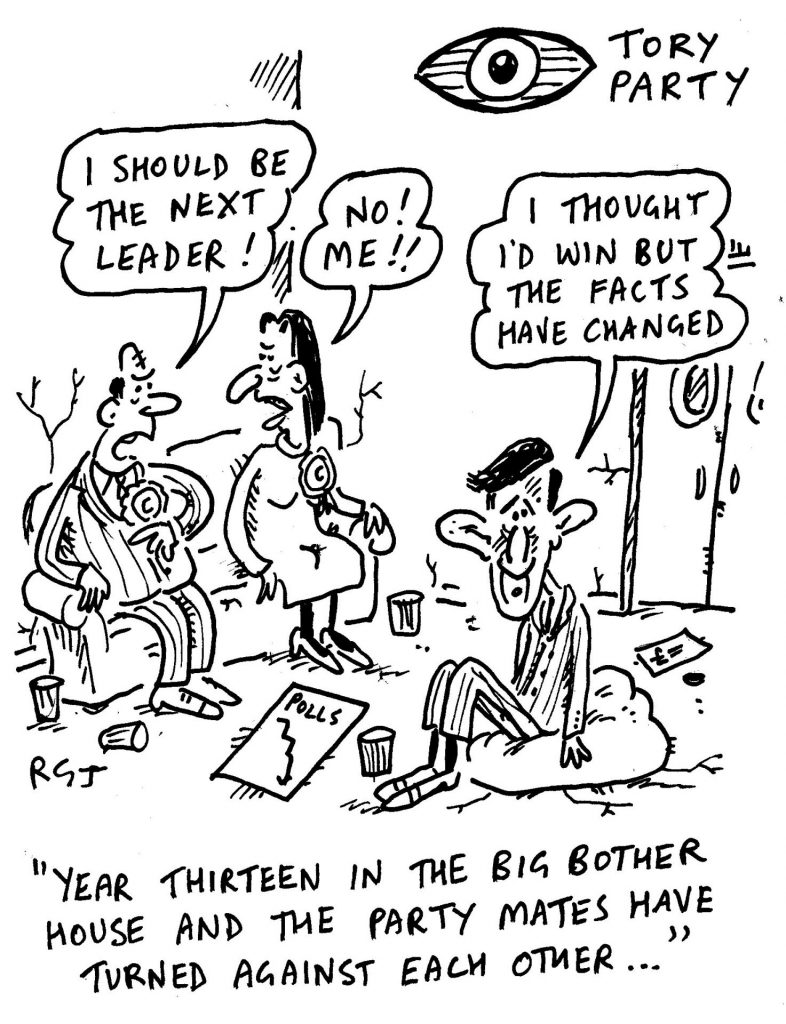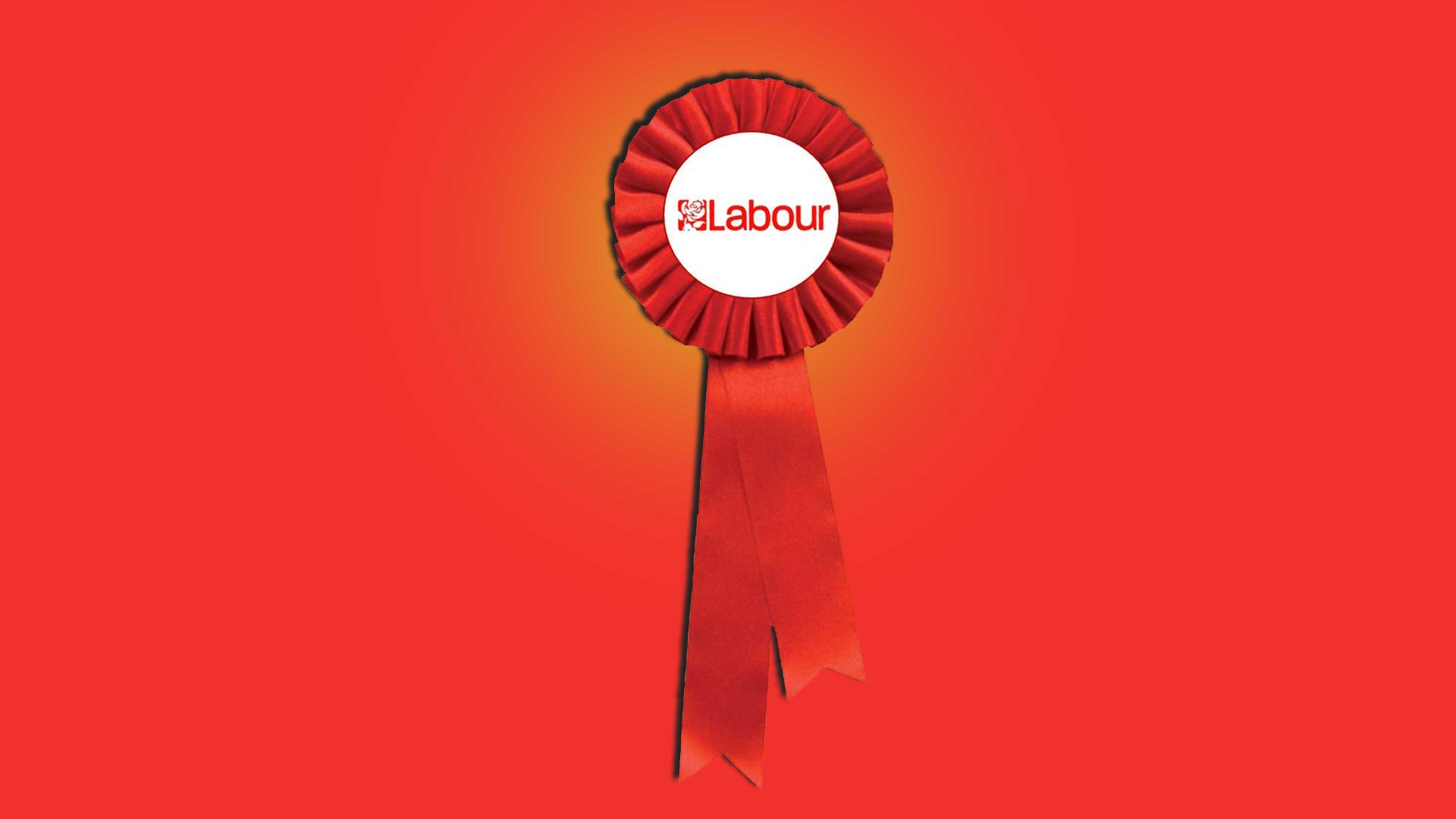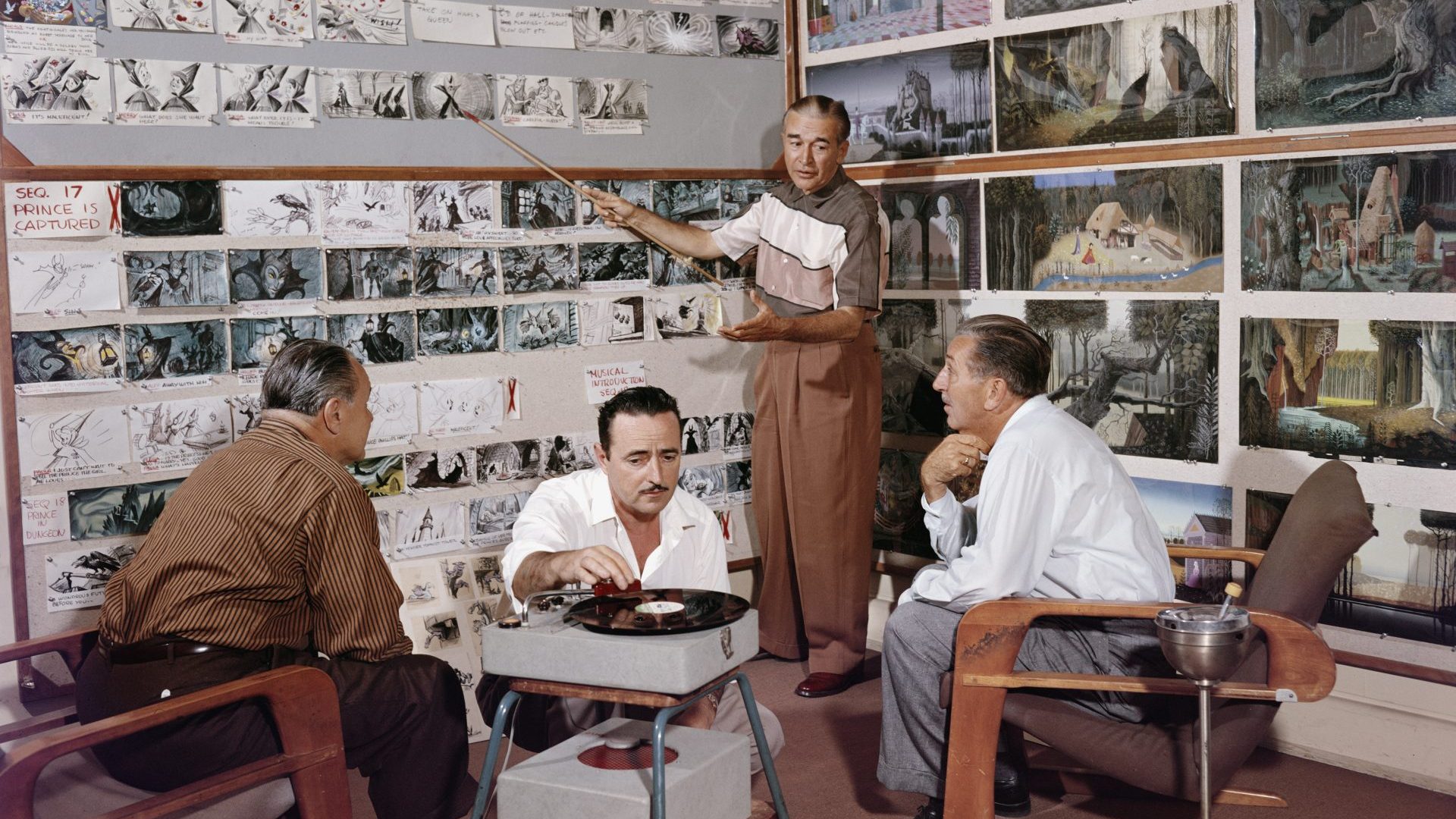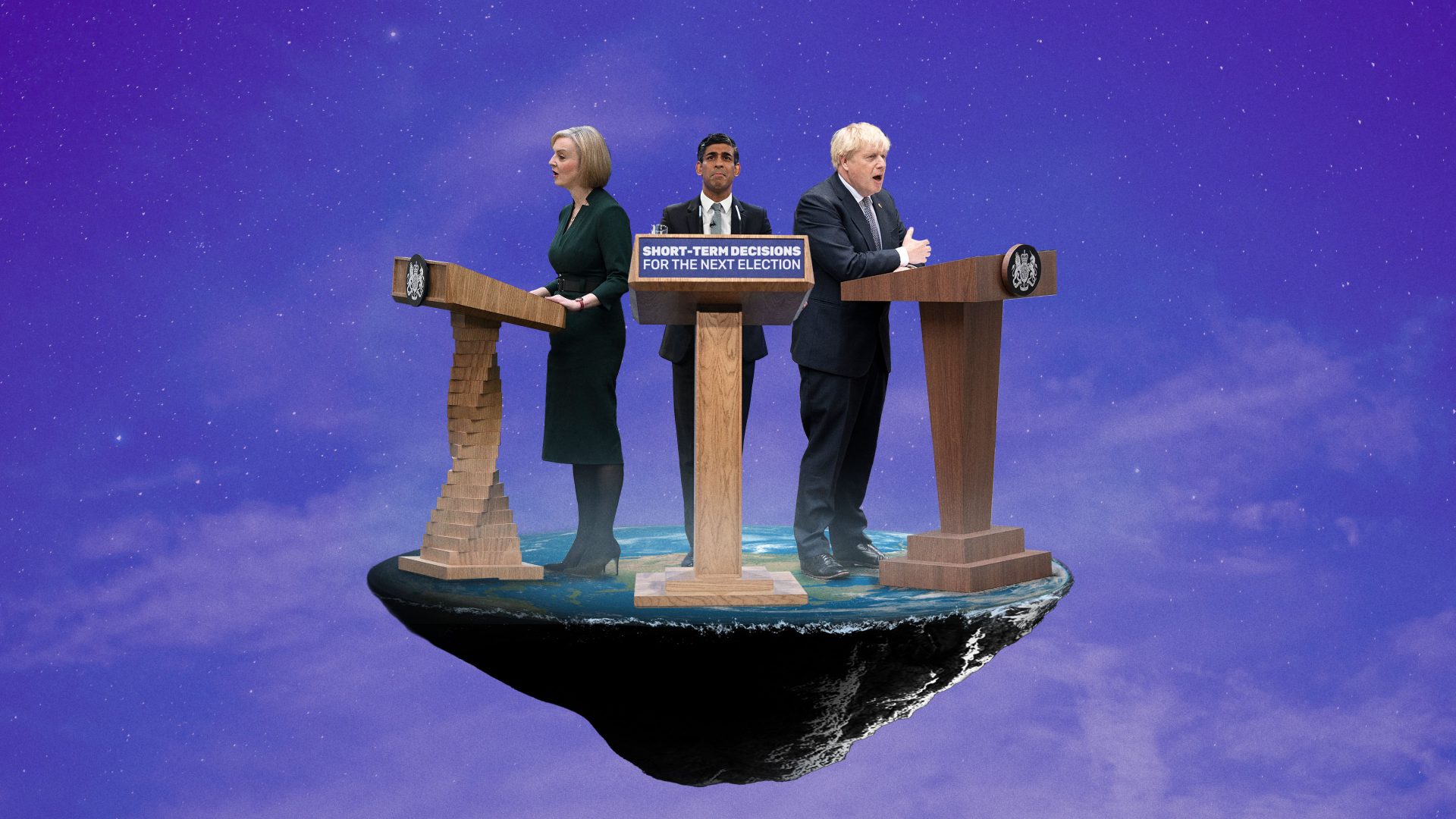Health and housing were not bad issues for Labour to focus on as they kicked off their party conference in Liverpool at the weekend. Record waiting lists and unending strikes in one area, record homelessness and unaffordability in the other; both are tailor-made for showing Tory failure and the need for a different way forward.
But there is a third H I hope Labour at some stage turn into a campaign, and that is HOOSIAL, my shorthand for the seven Nolan principles on standards in public life, which I tried to inject into the public debate at the time of Boris Johnson’s wretched premiership.
A reminder: Honesty, Openness, Objectivity, Selflessness, Integrity, Accountability and Leadership. Johnson smashed through pretty much all of them on a daily basis with – as the barely-covered Covid inquiry is exposing – devastating consequences for human life and the public finances.
When Rishi Sunak followed Liz Truss into Downing Street, and promised a return to “integrity, professionalism and accountability”, he was signalling a change from the awfulness of his two predecessors. However, the Tories’ recent conference, with his lying about HS2 and what would replace it, showed that he is just as capable as Johnson of disingenuous bullshit, and just as capable as Truss of announcing plans that fall apart on impact with the real world.
Add in his tolerance of the hard-right lurch of Suella Braverman, the cabinet conspiracy theories about meat tax and 15-minute cities, the comic contribution of Penny Mordaunt, the banks of empty seats for ministers’ speeches while outside the hall Truss and Nigel Farage were being mobbed, and you are forced to conclude: if you did a word cloud on the week, “integrity, professionalism and accountability” would not feature.
This week, the challenge for Keir Starmer, having shown that the Labour Party has changed, was to show in policy terms how life in Britain would change if he became prime minister. And I get that he wanted to relate that to his five missions – on growth, energy, the NHS, law and order, and aspiration. All of them are good areas for campaigning.
But at some point between now and the election, so is HOOSIAL. Money is going to be tight, and yet restoring those standards is a change that will add nothing to the government’s bottom line, while nonetheless improving the country.
So what I would love to hear from Starmer, as that general election nears, is something on these lines:
“The Nolan principles are still the right principles for public life. I was there week in week out across from Johnson in the Commons. The public servant in me was appalled, disgusted, by his debasing of standards in public life. His successors have frankly been little better.
“So let me say this as clearly as I can – I will expect all Labour MPs to abide by those standards. All of them. And if a member of a Labour government led by me lies in parliament, as Johnson did time and again, I will not need an ethics adviser or a privileges committee to tell me what to do, because I don’t need anyone to tell me the difference between right and wrong… they will be out.”
It would not merely signal a change in approach in politics, something Sunak talks about without actually doing. It would have an impact on conduct throughout the public services and beyond.
And it would certainly be music to the ears of the primary school headteacher who said to me at a conference in Leeds this week: “It is a lot harder to teach children the importance of not telling lies when the prime ministers they have known seem to do it all the time.”

There I was, standing at Euston station, en route to Burnley for a home game, and a man around my age came over, earnest but unconvincing grin upon his face. “Excuse me,” he said, “but you’re Alastair Campbell, aren’t you?”
“I am,” I replied, unsure where this one would go on the scale that has “I love you, your paper, your podcast and your politics” at one end, and “you’re a war criminal and I hope you rot in hell” at the other. I have had both, thankfully the latter less frequently of late.
My Euston stranger had an altogether different reason for his approach. “My name is Alastair Campbell too,” he explained.
“Oh,” I replied, still far from sure where on the scale the exchange would end. His next comment gave me an indication.
“Have you got any idea what my life has been like since you came along?”
So that was me. And it got me wondering – what must it be like to share a name with a really famous politician? Last week I found out when, at that conference in Leeds, I discovered I was sharing a platform with David Cameron.
“The REAL David Cameron,” as he bills himself, could not have been more different to the David Cameron who became prime minister and chief architect of the Brexit referendum.
Whereas the really famous one is dark-haired, very English and one of the 20 prime ministers produced by Eton School, the Leeds conference version was white-haired, very Scottish and obsessed about state schools and the need to make them the heart of communities and the engine of national progress and pride.
I have seen some dire conference speakers in my time and my new DC, a former head of children’s services and head of education for Scottish councils, was definitely not one of them. He was funny and engaging, above all with a real passion for the subject, which is: how do we get the best out of the children we teach? He argued that we have lost sight of the purpose of education, which is not merely to pass exams and get schools box-ticked by inspectors, but to inspire joy in learning.
It was exactly the same message I heard at another headteachers’ conference in the Midlands, where a beleaguered Leicestershire head exclaimed: “When is someone in politics going to make the case that education is about helping children to be happy and healthy and ready to lead fulfilled and fulfilling lives?
Very good question. David Cameron Mark 2 got a lot closer than most. And certainly closer than David Cameron Mark 1 and his four successors as prime minister.
I have a work trip to Paris this week and I feel itchy every time I think about it, given the glut in coverage of the rise in bed bugs there. At least I have learned a few new words as I have read up on it all. Punaise de lit is the French word for bed bug. Démangeaisons means itching. I have learned a new English word, too – pruritus is the medical term for the urge to scratch – prurit in French.
The worst learning of all, however, is that when we read about these creatures, the same parts of the brain that respond to a real itch are activated. That is why I am feeling itchy right now. There is even something called Ekbom syndrome, a debilitating illness where victims are convinced that they have been bitten when they haven’t, and that insects are under their skin when they’re not.
Sorry to educate you in this way, but I feel the need to share my pain. Happy scratching. Wish me bon voyage et bonne chance.




